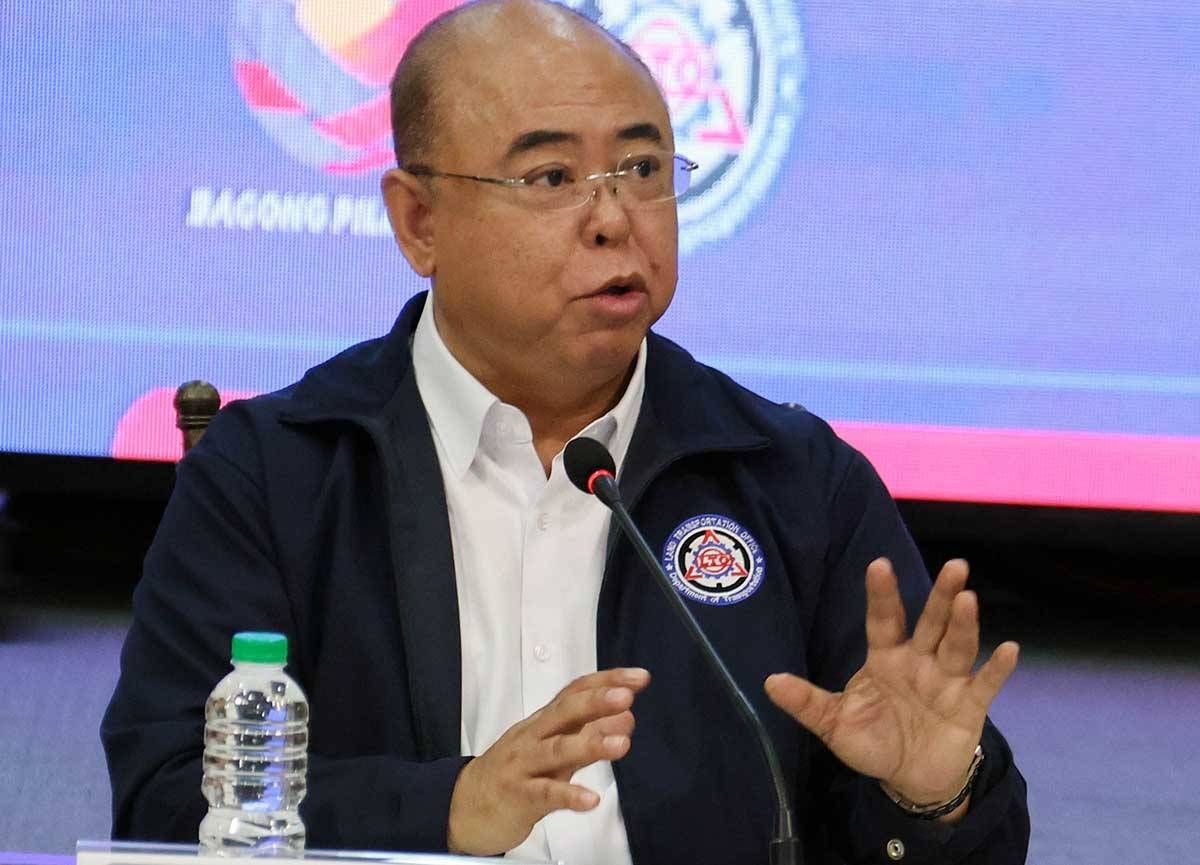The Land Transportation Office (LTO) is currently investigating the P3.14-billion Land Transportation Management System (LTMS) contract with German technology firm Dermalog. LTO Chief Assistant Secretary Vigor Mendoza 2nd announced on Wednesday that they have coordinated with the Office of the Ombudsman to look into the matter.
The call for the cancellation of the LTMS contract came from Sagip Party-list Rep. Rodante Marcoleta, citing underperformance and delays. However, Mendoza assured that the LTO will hold accountable both current and past officials involved in the project, which was awarded in May 2018 through competitive bidding.
Contrary to pronouncements made by Dermalog officials that the LTMS is 100-percent functional and that the LTO has full access to the system, Mendoza clarified that there are 130 identified issues preventing the LTMS from being fully functional. One of the major issues is the inaccurate computation of the Motor Vehicle User’s Charge (MVUC), which can result in incorrect fees imposed on the transacting public or affect the government’s tax collection.
Mendoza pointed out that the LTO does not have full system access to the LTMS, making it impossible to make any alterations without Dermalog’s assistance. However, with full access, the Department of Information and Communications Technology (DICT) could perform necessary changes to the system, allowing the LTO to swiftly respond to the needs of the transacting public without incurring additional costs.
The DICT has already disclosed 14 deficiencies and 166 needed enhancements in the LTMS system to further improve its functionality. As of now, the LTO has requested change orders from Dermalog amounting to P620 million.
These pronouncements by Mendoza were made amidst calls for the cancellation of the LTMS contract. During a meeting of the House Committee on Transportation, Marcoleta cited an Audit Observation Memorandum (AOM) from the Commission on Audit (CoA), which revealed that the actual delivery period of milestones under the LTMS project exceeded the allowable time extension.
Marcoleta argued that this non-compliance with the Government Procurement Manual Volume 2 is grounds for the LTO to charge liquidated damages from the contract price for delayed delivery of goods and services. According to his estimates, the total liquidated damages cost is currently at P3.19 billion, surpassing the maximum allowable amount. As a result, the LTO can legally terminate the LTMS contract.
The LTMS project, worth P3.14 billion, is Component A of the P8.2-billion DoTr Road IT Infrastructure Project. It was awarded to the Joint Venture Agreement (JVA) of Dermalog and local partners Holy Family Printing Corp., Microgenesis, and Verzontal Builders Inc. in May 2018. Component B, worth P5 billion, refers to the procurement of hardware, software, and services related to LTO’s automation.
However, Marcoleta raised concerns about the legality of splitting the project into two components, as there were no documents showing approval from the National Economic and Development Authority-Investment Coordination Committee (NEDA-ICC). He argued that this was a clear violation of Section 65 of the “Government Procurement Reform Act” (RA 9184) and constituted technical malversation under Article 220 of the Revised Penal Code.
The investigation into the LTMS contract with Dermalog highlights the importance of transparency and accountability in government projects. It is crucial to ensure that contracts are awarded based on fair and competitive bidding processes, and that the awarded companies deliver on their promises within the agreed-upon timelines. The LTO’s efforts to address the issues with the LTMS system and hold officials accountable demonstrate their commitment to improving transportation services for the public.







